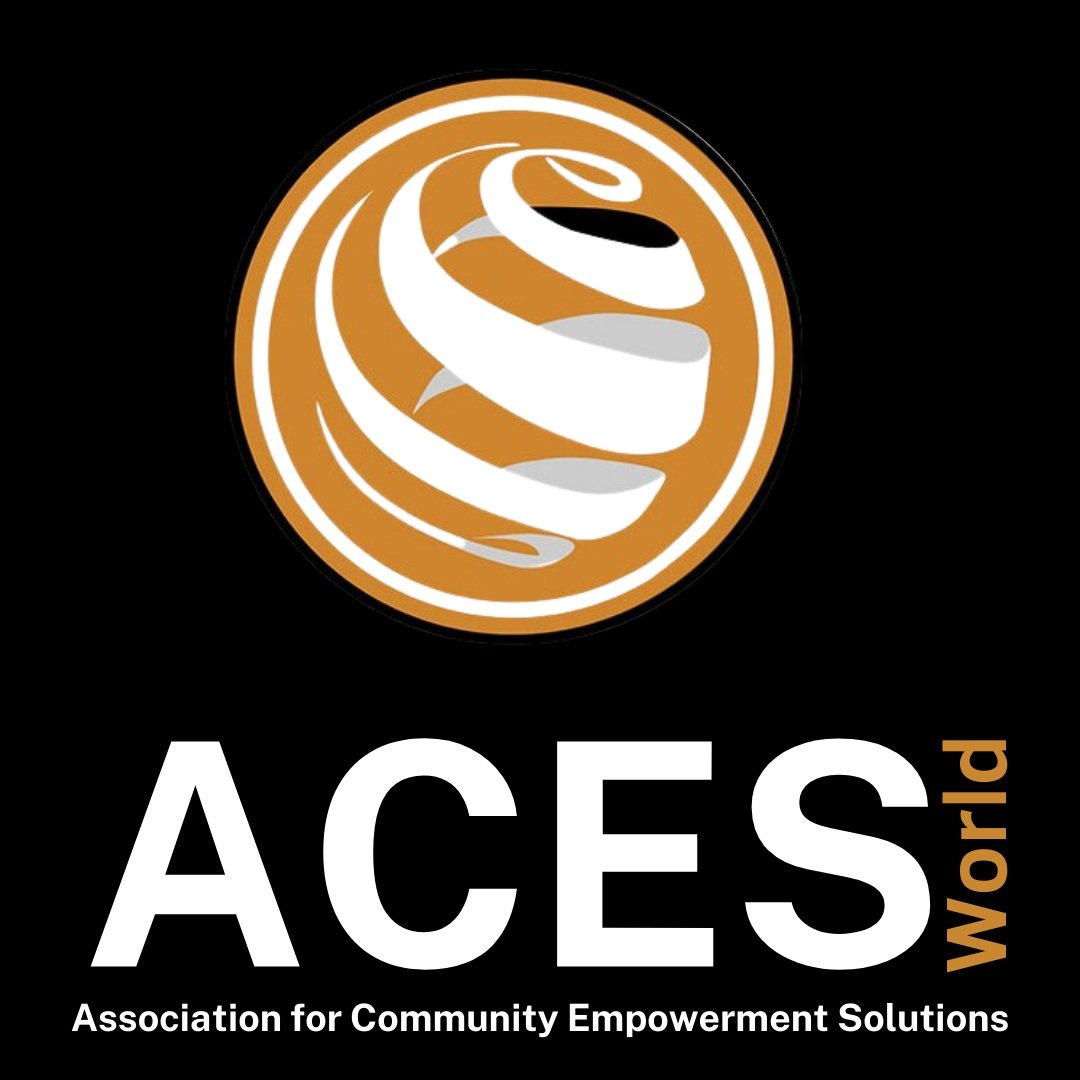It’s Time to Invest in our Planet
After Session 7 of ASK4Girls in Ghana, a young woman fills up her bucket of water. The climate crisis has devastating impacts on access to clean water, and climate change is exacerbating the water crisis. According to UNICEF, by the year 2040, almost one in four children will live in an area of high water stress.
Written by Andrea Garverick
The 22nd of April is known globally as Earth Day. More than 140 countries partake in the celebration, recognizing the beauty of Earth while simultaneously raising awareness about humans’ impact on our planet. The United Nations defines climate change as long-term shifts in temperature and weather patterns. While some shifts may be of natural origins, since the Industrial Revolution, many human activities such as the burning of fossil fuels, utilization of cars, and deforestation seem to make humans the main contributors of carbon dioxide and other dangerous greenhouse gasses.
The impacts of climate change are being felt most markedly by vulnerable populations. These include impoverished communities, women and girls, children, disabled individuals, people living in conflict areas, and those living in locations prone to natural disasters. In Sub-Saharan Africa, for example, climate change will continue to cause unpredictable rainfall, extreme weather events, and rising sea levels.
Climate change disproportionately impacts women and girls, and can place immense amounts of stress on families. In many Sub-Saharan African countries, women and girls are responsible for collecting water, often walking miles to retrieve the supply. Droughts cause women and girls to spend longer amounts of time fetching water. Additionally, when crops fail due to inconsistent weather patterns, incomes are impacted and education may be disrupted. Floods increase the spread of disease and also have the potential to harm agricultural yields. When communities are struck with disease, education is often suspended.
The implications of climate change are too large to ignore. Global organizations argue that educating women and girls on climate action can strengthen strategies to reduce the impact. ACESWorld facilitates discussions on the impacts of climate change on communities while simultaneously teaching women and girls the skills needed to be environmentally conscious leaders in their communities.
Promoting re-use is one way we can all make an impact. The ASK4Girls Club provides the supplies as well as instructions to young women who wish to create reusable sanitary pads. This initiative helps schoolgirls save money, learn sewing skills, and is also environmentally friendly.
On this Earth Day, ACESWorld is encouraging our readers to find ways to reduce their carbon footprint. Reusing supplies, such as schoolgirls in Ghana are taught to do, is one way to make an impact. Other ways may include utilizing public transportation, reducing food waste, investing in a compost bin, turning off lights, and taking shorter showers. It’s time to invest in our planet.
Resources
“Water and the Global Climate Crisis: 10 Things You Should Know.” UNICEF, March 2, 2023. https://www.unicef.org/stories/water-and-climate-change-10-things-you-should-know.
“What Is Climate Change?” United Nations. United Nations. Accessed April 18, 2023. https://www.un.org/en/climatechange/what-is-climate-change.

